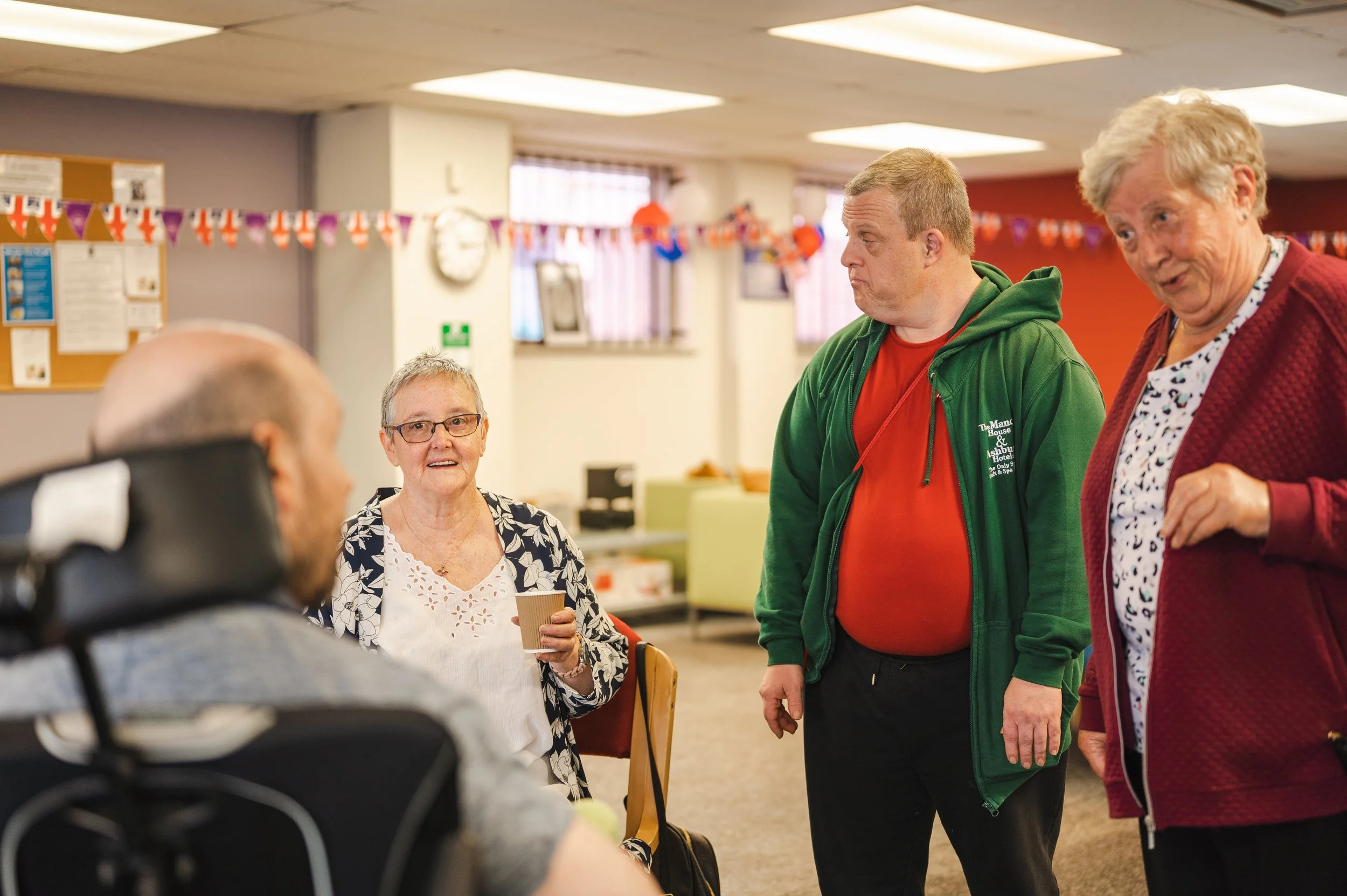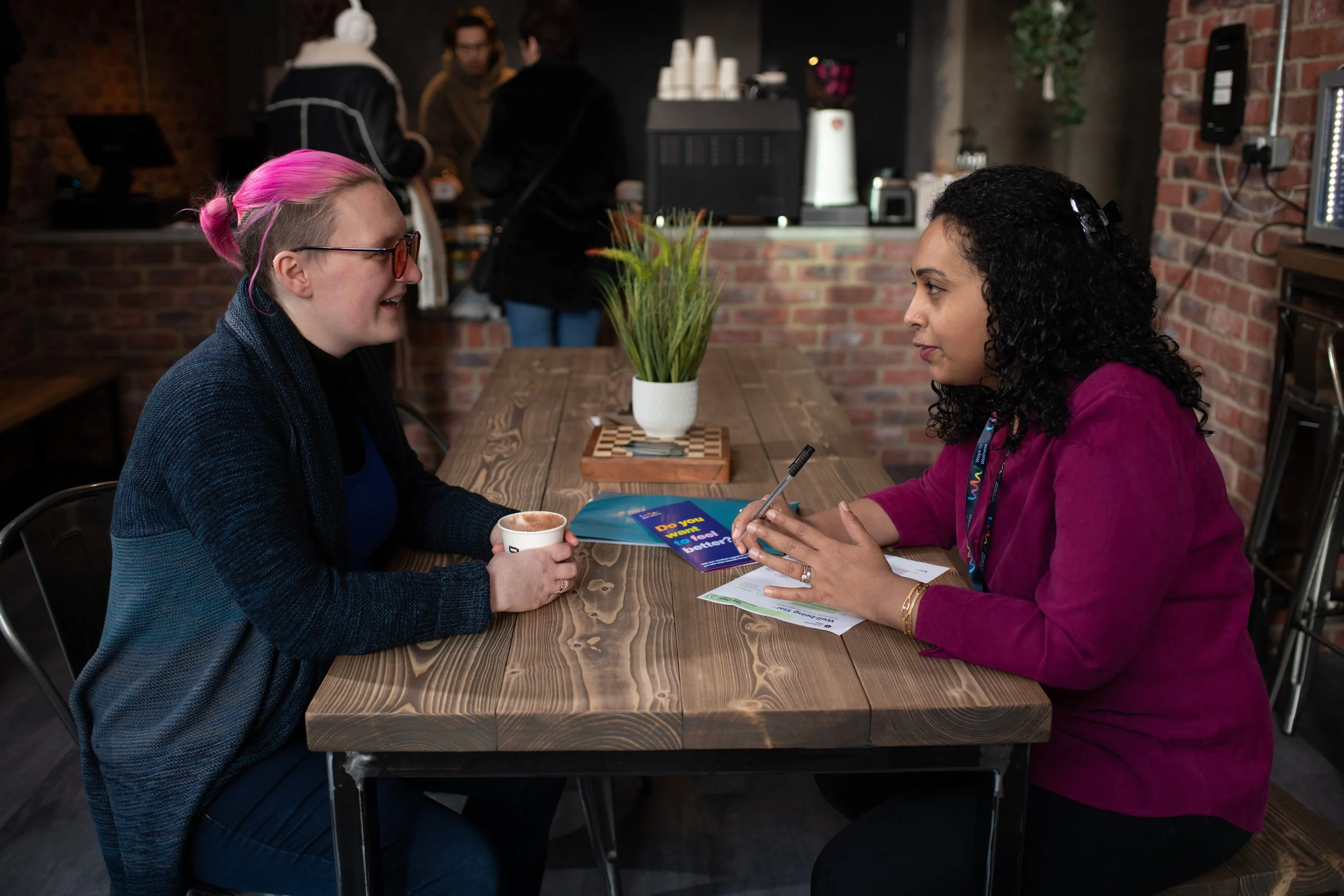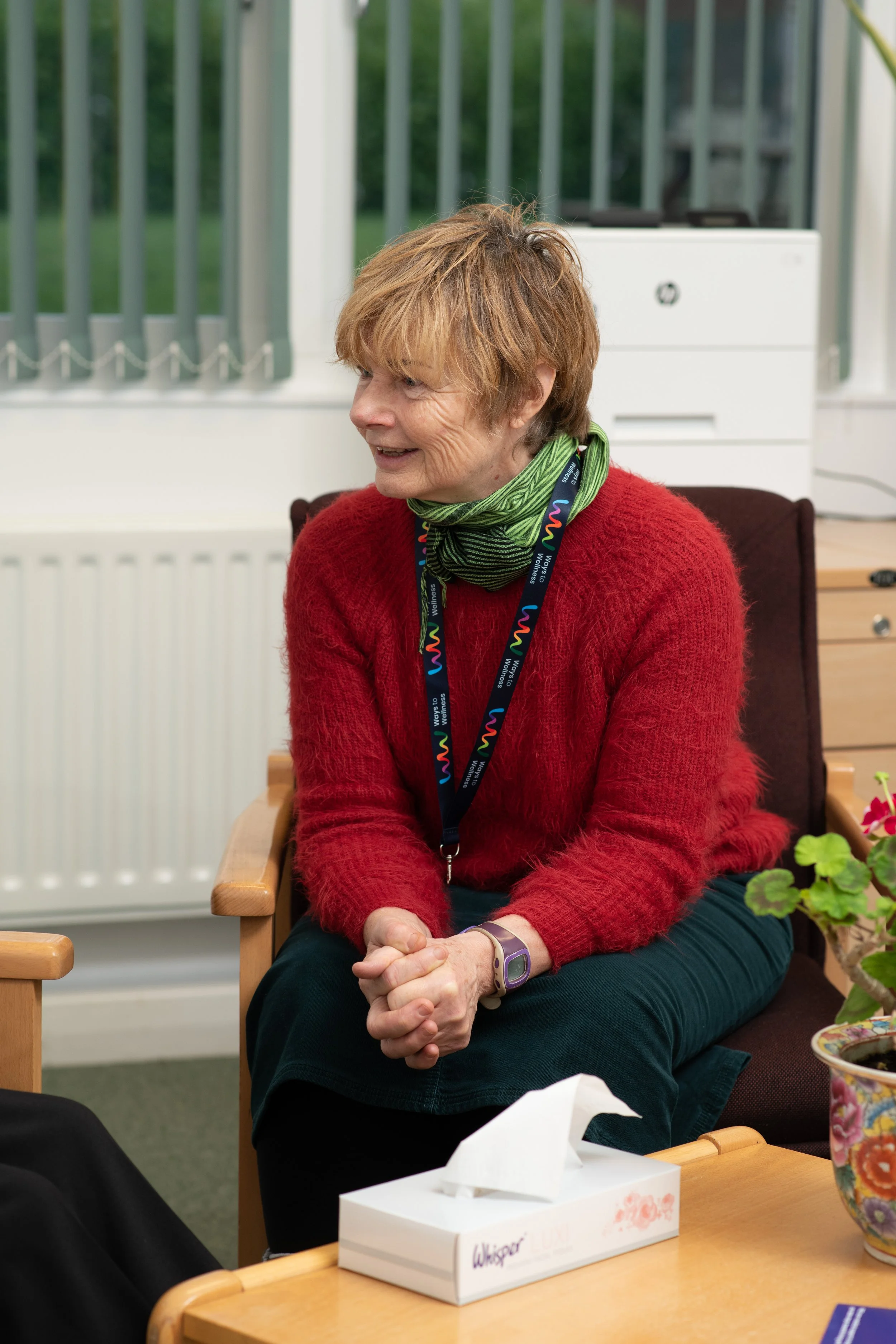
PROSPeR with Waiting Well (Perioperative Social Prescribing)
Quick Links:
Background
Evidence shows that taking simple steps to improve fitness, diet and mental health before surgery or treatment can make a big difference. Patients are likely to recover more quickly and the chances of being re-admitted to hospital are reduced.
Patients who are given appropriate support to ‘wait well’ for surgery are more likely to achieve positive outcomes pre and post-surgery. Being in as good shape as possible for treatment also reduces the chance of planned care being cancelled. Support to achieve this might include help to manage and improve their health and wellbeing, and support to manage pain drug use.
This benefits the patient and the NHS. For the patient, they are more likely to recover well, and may even make longer term changes that improve their health and wellbeing (e.g. improved diet, exercising more). For the NHS it can reduce bed days, cancellations and the likelihood of readmission, thereby reducing costs and improving productivity.
A key facet of this is the use of pain medication. Many people waiting for surgery are put on pain medication to manage their symptoms. However, this can result in complex postoperative interventions, worse pain control (resulting in slower rehabilitation), delayed wound healing and increased risk of post-operative complications. The result is poorer outcomes for the patient and additional cost (hospital bed days, medication, staff time) for the NHS.
In response to this need, the NHS in the North East and North Cumbria developed Waiting Well, a region wide programme that aims to support patients who are waiting for planned care such as knee and hip replacements.
As part of the programme, Ways to Wellness is delivering a pilot project that supports people on the waiting list for surgery. Our link workers support patients before and after their surgery, improving their health and wellbeing for their operation and beyond.
The project is sometimes called ‘PROSPeR’ – short for Perioperative Social Prescribing.
2. Who We Help
To be eligible for support, patients must:
✅ Be on the P3 and P4 waiting list for surgery
✅ Be resident in the geographical area of the project. The project covers the area of the Newcastle upon Tyne, Gateshead, North Tyneside and Northumbria NHS Foundation Trusts
✅ Have a minimum of 12 weeks until surgery is due to take place
✅ Be over 18 years old
We offer non-medical support, on top of the support patients get from the hospital and their GP. Patients are referred to a social prescribing link worker, who helps patients to feel more confident to manage their health and wellbeing, helping them before and after surgery.
They help patients to identify areas in their life that could affect their health and wellbeing outside of hospital, and to set goals towards living well. Together they develop an action plan, which may include a range of support and activities. This might include:
✅ Healthy eating and diet
✅ Getting more active
✅ Accessing specialist services and support
✅Getting support around benefits and housing
✅ Developing positive relationships
✅ Getting involved in local groups and activities.
We provide regular support for about 12 weeks before the operation. We continue to stay in touch while the patient is on the waiting list. We then provide support for about 12 weeks after the operation, helping the patient to prepare for life post-operation and helping them to maintain any improvements to their wellbeing that were achieved before the operation.
This is one of a number of projects provided by Waiting Well.
3. Impact
This project started in January 2023. We aim to improve wellbeing and recovery for patients after their operation, often helping people to establish longer term improvements to their wellbeing. We will examine whether this also leads to reduced costs for the NHS due to things such as lower use of pain medication and reduced use of hospital resources (clinician time/bed days) post recovery.
-
Improved postoperative wellbeing and recovery for patients having surgery
Patients supported to ‘wait well’ and recover quicker, often with longer term healthy behaviours established
The NHS will benefit from reduced costs due to reduced use of hospital resources (clinician time/bed days/lower use of pain medication) post recovery.
-
Improved support for patients electing to have major surgery —service developed/rolled out
Improved clinician knowledge/understanding of the impact of non-clinical support on post-operative outcomes for patients.
-
Reduced health inequalities for patients requiring major surgery
Greater coordination between NHS services and voluntary and community sector services
An improved policy environment to deliver these types of intervention.
We are also collaborating on six month pilot, called TAPER2, that aims to link this support with primary care provision.
GP practices will be supported to identify patients on their records that are eligible for support. An Acute Pain Nurse will work with patients, and the GP practice and social prescribing link workers will work to support patients to improve their wellbeing and reduce their use of pain drugs. The pilot will explore additional impacts for the patients we are supporting, such as reductions in GP appointments and decreased prescribing of pain drugs.
This pilot is being delivered in partnership with the North East and North Cumbria Deep End Network.
4. Evaluation and Evidence
Through this work we aim to understand how social prescribing can help people who are on the waiting list for operations, particularly those that need help with managing pain.
We have identified two categories of success measures that we would like to explore in this pilot:
Improved quality of life for individuals
We will use validated tools to track progress, including the Wellbeing Star™. We also plan to undertake client interviews at the end of intervention.
Financial savings and clinician feedback
In order to measure financial savings, we plan to undertake a comparison between the cohort who are offered support through the pilot with a matched cohort (a group of people whose data was collected up to a maximum of 3 years ago, matched by: operation type; length of stay; Index of Multiple Deprivation scores; and morphine equivalent pain drug use).
We will compare patient outcomes on measures such as length of hospital stay, readmission rates within 28 days and number of times the patient has been seen by the pain nurse.
We will also undertake qualitative interviews with pain nurses who have been involved with patients during the pilot.
5. Partners and Funders
This project is funded by the North East and North Cumbria Integrated Care Board's ‘Waiting Well’ programme.
For further information, contact necsu.comms@nhs.net. If you need information on in a different format like accessible PDF, large print, easy read, audio recording or braille you can email necsu.marketing@nhs.net or call 0191 301 1300. They will consider your request and get back to you in 5 days.
Delivery of the TAPER2 pilot is in partnership with the North East and North Cumbria Deep End Network.
6. Patient Information
More information about Waiting Well can be found at the Get Set for Surgery website:
Patients who are able to access this service will be contacted via letter. You will be asked if you would like to take part. If we contact you there will be an opportunity for you to ask any questions before you decide whether to get involved.
If you agree to take part, your details will be passed on to a member of the project team, who will contact you within two working days to make an initial appointment.
If you have received a referral, this service will be offered to you for free. The support is funded by the North East and North Cumbria Integrated Care Board’s ‘Waiting Well’ programme.
7. Testimonials
Client who was struggling to be independent due to housing issues. They have now moved to more suitable accommodation, with support from their link worker.
“I love my new house and Thomas was very helpful. It is much better here. I have a better view of the gardens and I can see people pass. In the other house I was stuck in a rut. It was dark and I was just stuck. Here I can get out, just having that option makes me feel so much better. I know that I can go and get some milk if I need some. Thomas was there if I needed help, which made a difference.”
Client who received a range of support, including help to apply for Attendance Allowance.









